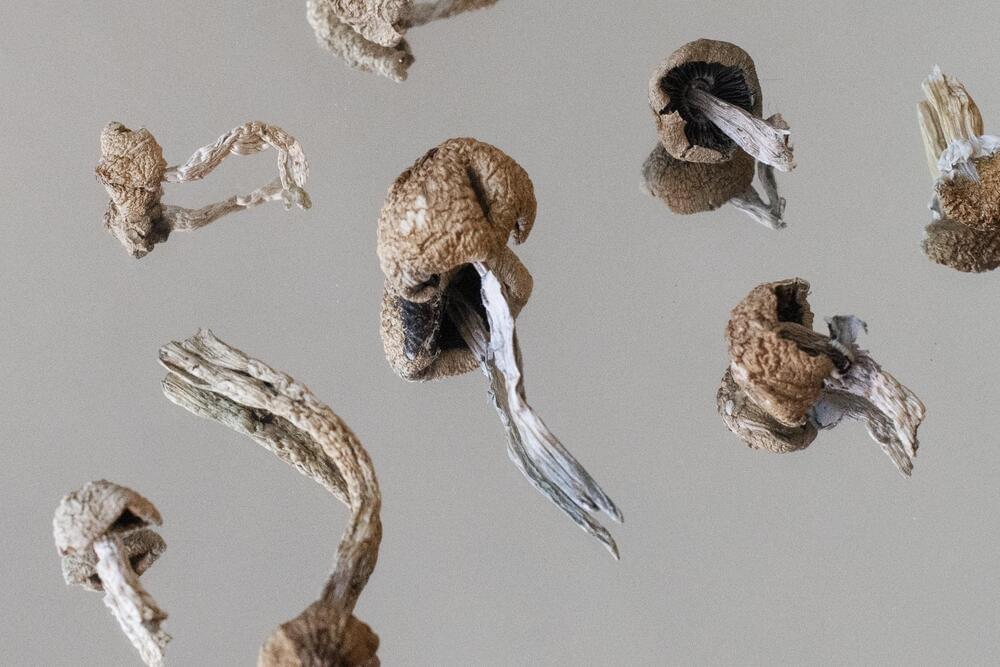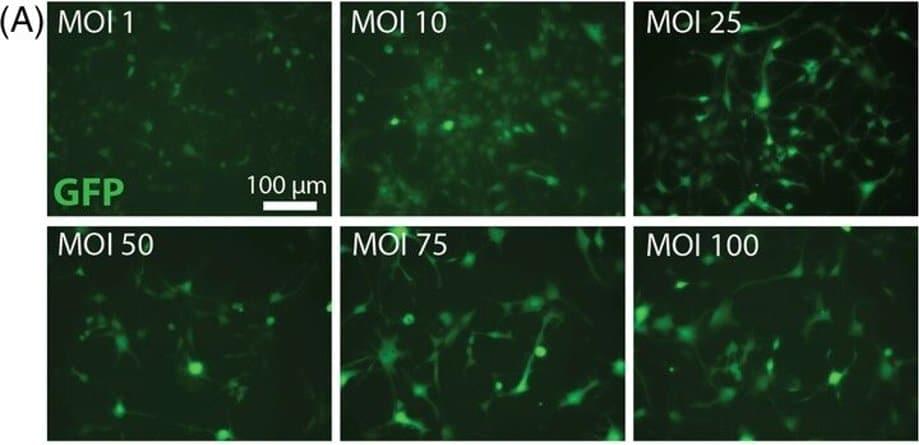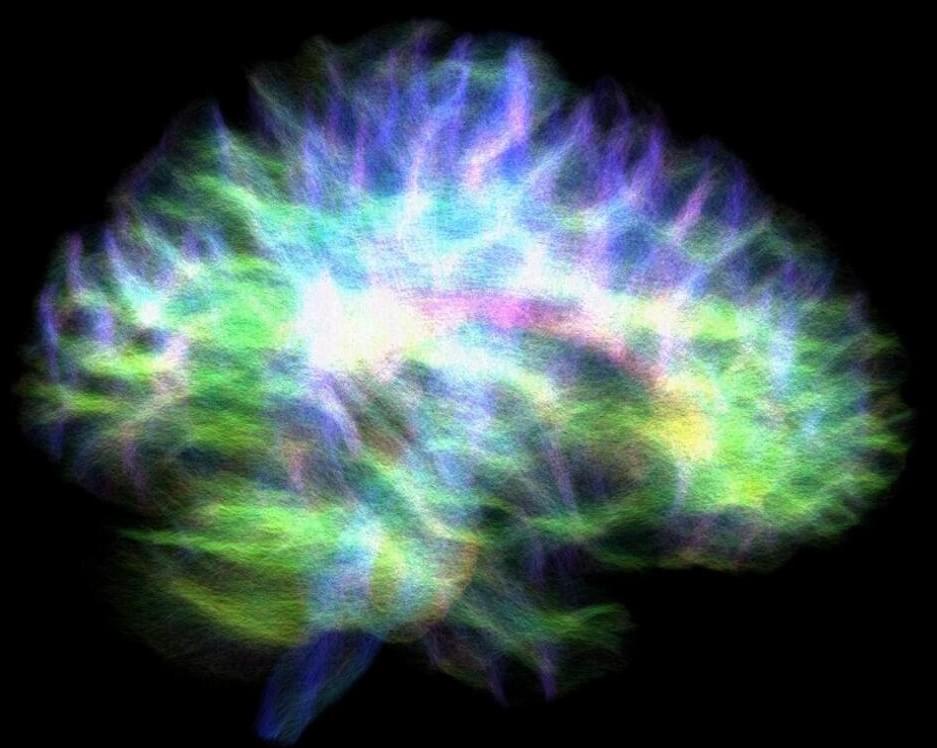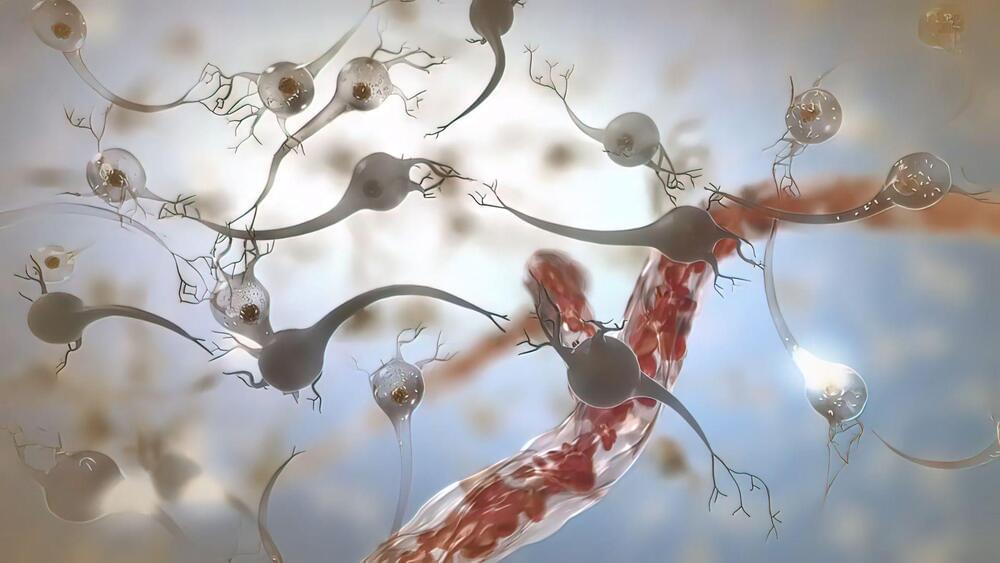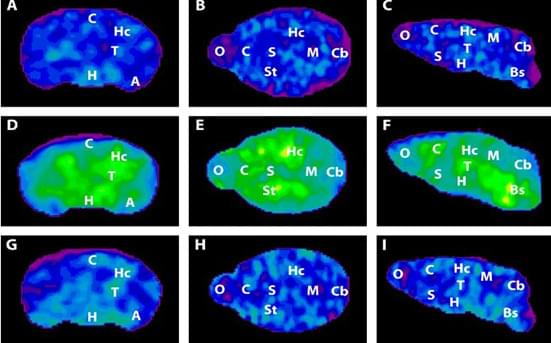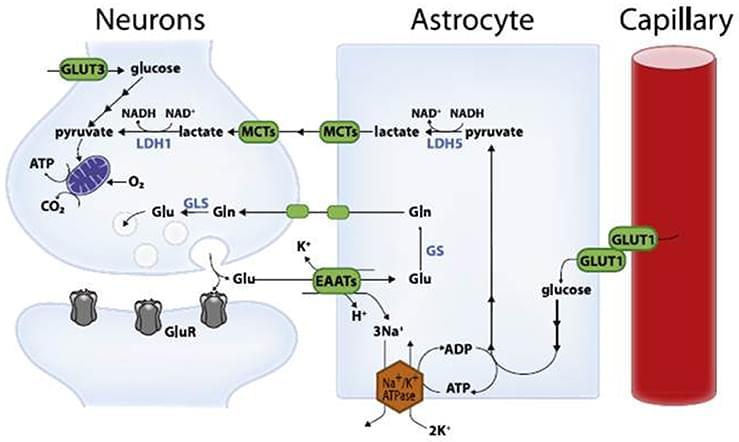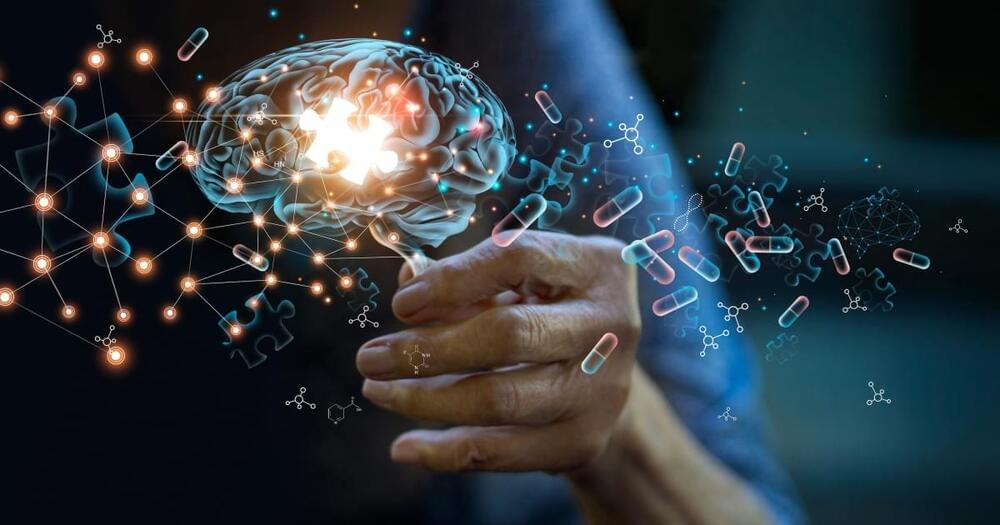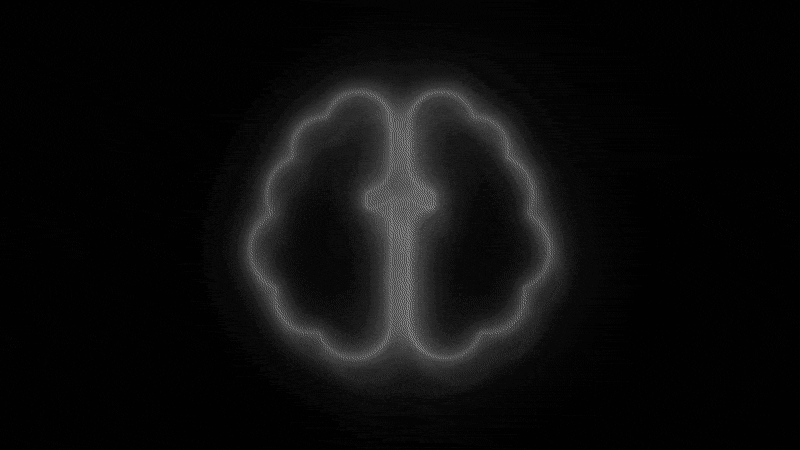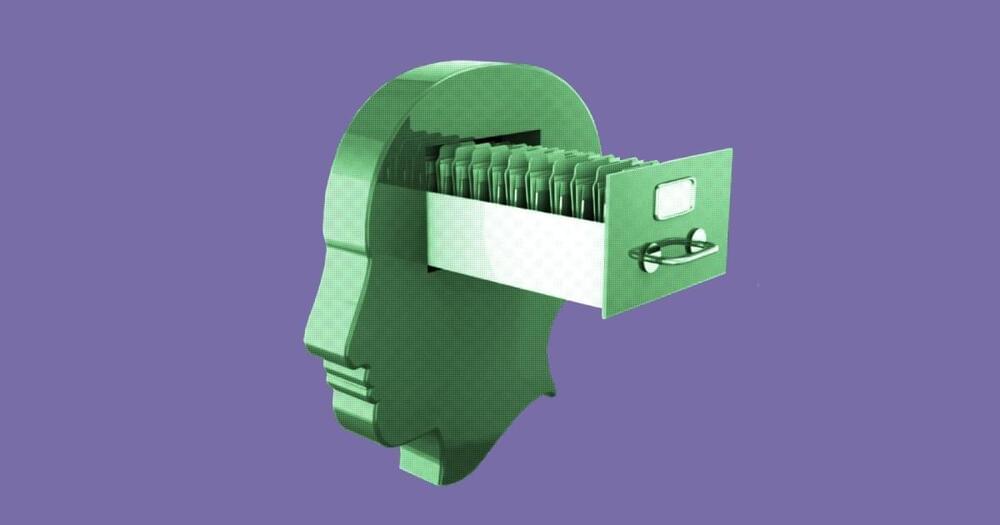A new study shows that the higher vulnerability of evening chronotype individuals (individuals with the propensity to be more productive at night or at dawn) to anxiety and related disorders may be mediated by altered emotional learning.
Chronotypes are our circadian preference profiles; that is, they refer to the differences in performance that each person has in relation to the periods of sleep and wakefulness throughout the 24 hours of the day. We can be morning types if we prefer to wake up early and we have good performance in activities that start in the morning; evening types if we are more productive at night or at dawn, and prefer to stay up later); or intermediate if we easily adapt to morning and evening schedules.
Circadian rhythms have been increasingly studied because they can help to understand the onset of mental disorders such as anxiety and post-traumatic stress disorder (PTSD). In this vein, researchers Chiara Lucifora, Giorgio M. Grasso, Michael A. Nitsche, Giovanni D’Italia, Mauro Sortino, Mohammad A. Salehinejad, Alessandra Falzone, Alessio Avenanti and Carmelo M. Vicario consulted the classic Pavlovian paradigm of fear conditioning to study the neurocognitive basis of the association between chronotype and fear responses in healthy humans.

